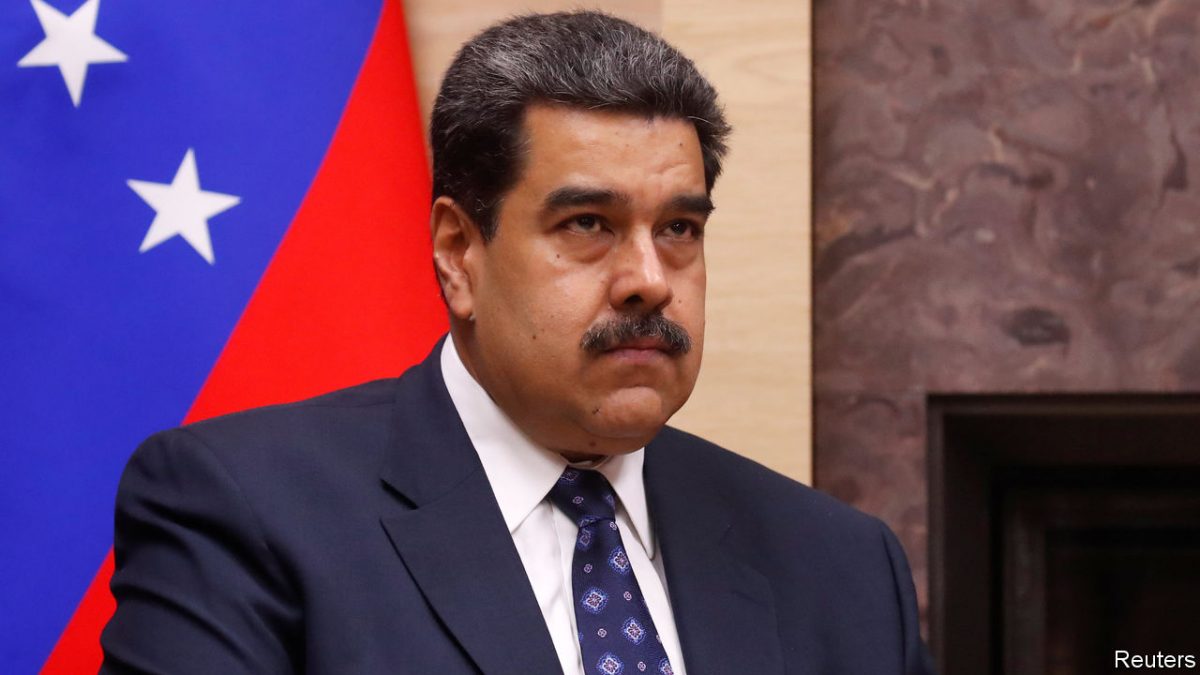The ebb and flow of the political fortunes of Venezuela’s President Nicholas Maduro is, without question, the most compelling contemporary manifestations in the hemisphere of a political leader who has fended off one enormous crisis after another, without – outwardly, at least – appearing unduly ruffled. His travails have included an economic and political battering from Washington that may well have brought the tenures of lesser leaders to an end.
At the political level, the legitimacy of Maduro’s presidency has been challenged by both domestic and external opponents through sustained and vociferous rhetoric emanating from critics both at home in Venezuela and from other countries in the hemisphere who challenge the veracity of the results of the general elections that put him in office. But that is not all. Washington too has long questioned Maduro’s leadership bona fides, backing their displeasure with a crippling regimen of economic sanctions that have targeted the country’s oil and gas industry, mostly its exports, scattering thousands of the country’s economic refugees to the proverbial winds and reducing what had once been regarded as one of the hemisphere’s leading economic powerhouses to a condition manifested mostly in a crippled economy where even petrol became a prized possession. If Venezuela is still light years away from anything even remotely resembling socio-economic recovery, there have been some indications that the squeeze has been eased somewhat. In a world where oil still represents a formidable economic and political tool the loss of political office by Caracas’ one-time tormentor-in-chief, former US President Donald Trump has, over time, helped to push back the sanctions even as the pressures brought to bear on Venezuela’s oil industry began to be eased by some of Maduro’s political allies, notably, in Russia and Iran.

